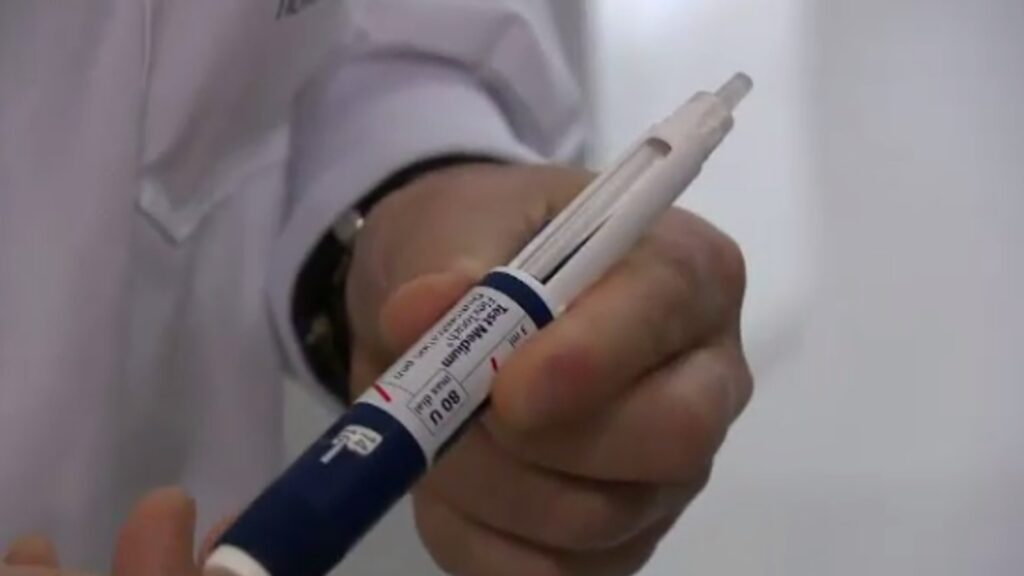02/04/2024
02/04/2024

Starting later this month, the National Health Service (NHS) will begin reaching out to both adults and children who could benefit from this innovative technology. However, NHS officials caution that it may take up to five years before everyone eligible has access to the system due to challenges in sourcing an adequate supply of devices and the necessity of training more staff in its usage.
LONDON, April 2: Tens of thousands of individuals living with type 1 diabetes in England are set to benefit from a groundbreaking technology known as an artificial pancreas, aimed at better managing the condition. This system utilizes a glucose sensor implanted under the skin to automatically calculate and administer insulin doses via a pump.
Trials of the technology, referred to as a hybrid closed-loop system, have demonstrated improvements in quality of life and a reduction in the risk of long-term health complications associated with type 1 diabetes. The National Institute of Health and Care Excellence (Nice) endorsed the use of this technology by the NHS at the end of last year.
Approximately 300,000 people in the UK, including about 29,000 children, live with type 1 diabetes, a condition where the pancreas fails to produce insulin. Managing the condition typically involves constant monitoring of blood glucose levels and administering insulin injections or using a pump. The new artificial pancreas technology automates this process, closely mimicking the function of a natural pancreas.
This advancement aims to prevent life-threatening fluctuations in blood glucose levels, which can lead to unconsciousness or even fatalities. Additionally, it helps to enhance overall blood sugar control, thereby reducing the risk of complications such as heart disease, vision impairment, and kidney disease.
Scotland has already begun offering this technology, with Wales and Northern Ireland expected to follow suit. Gemma Lavery, 38, from Plymouth, shared her positive experience with the device, stating that it has significantly improved her quality of life by providing stability and reducing stress associated with managing her condition.
Prof Partha Kar, the NHS national specialty advisor for diabetes, hailed the introduction of this technology as "great news for everyone with type 1 diabetes," emphasizing its potential to enhance both medical care and quality of life. NHS England diabetes clinical director Dr. Clare Hambling echoed these sentiments, highlighting the transformative impact the technology could have on individuals with type 1 diabetes.
Diabetes UK chief executive Colette Marshall lauded the roll-out of this technology as a "landmark moment," emphasizing its potential to revolutionize diabetes management. Nice approval of the NHS roll-out came in December, with eligibility criteria including children and under-18s, pregnant women, and those with specific HbA1c readings.


